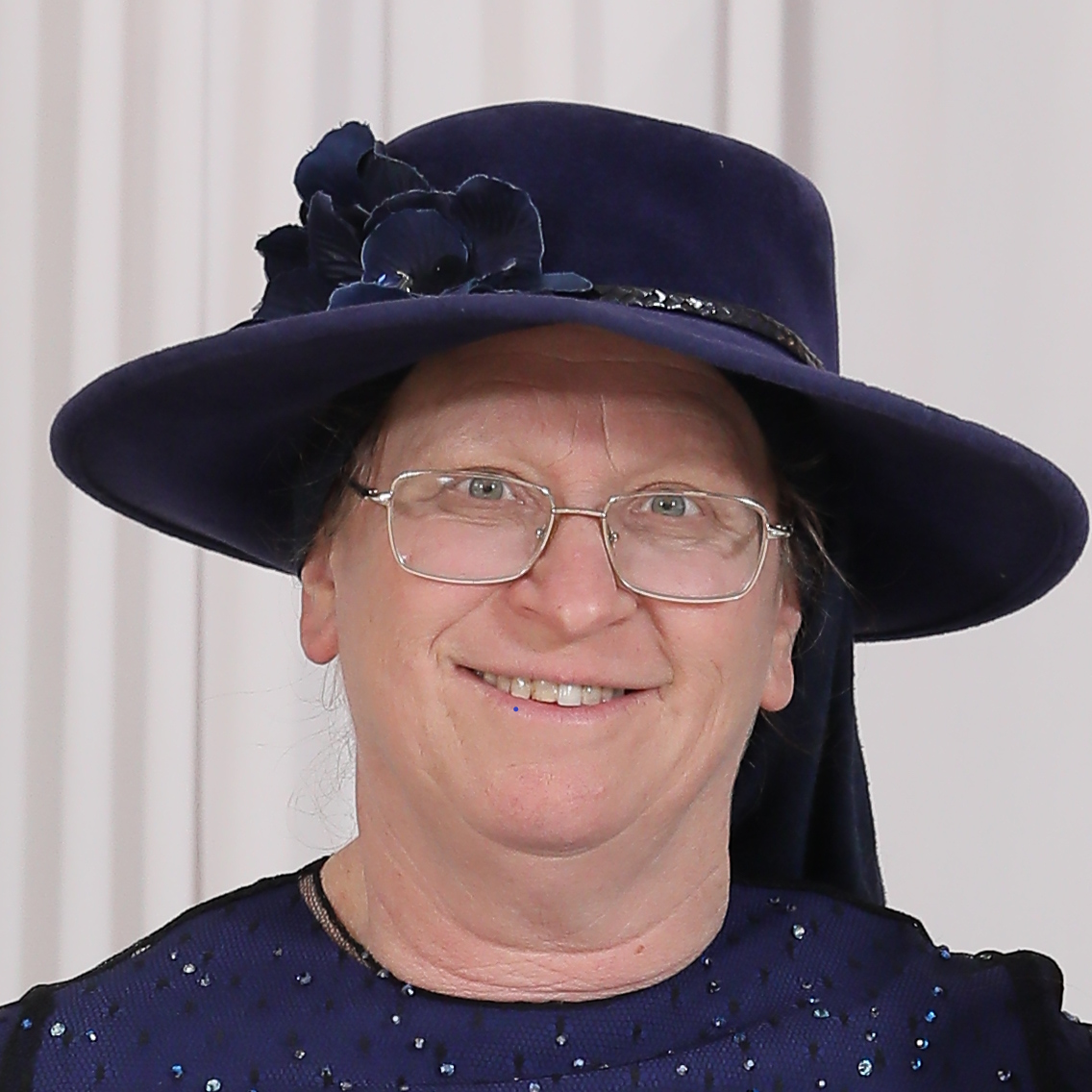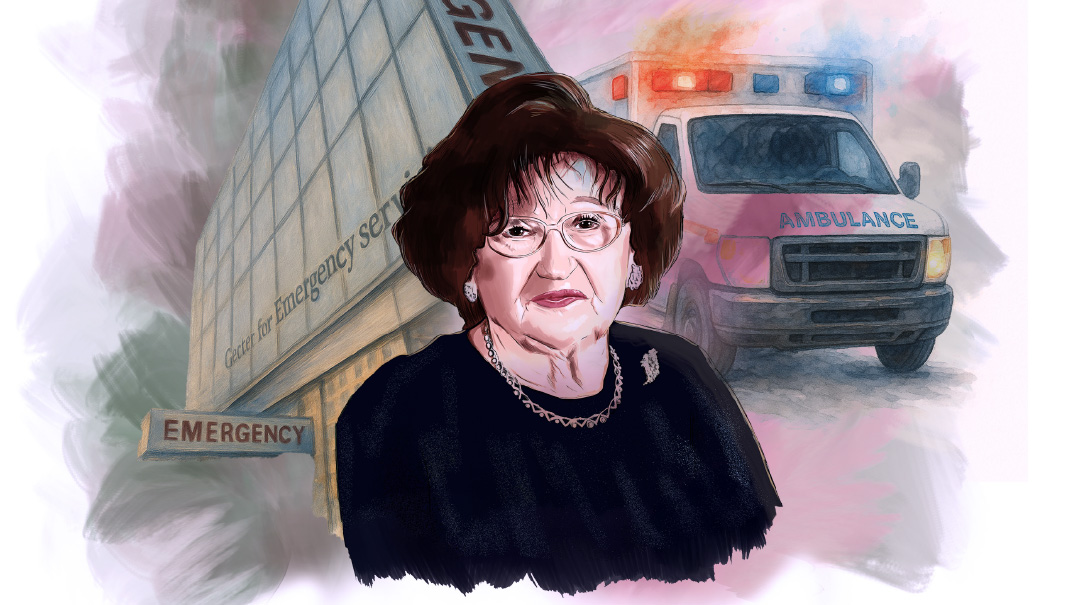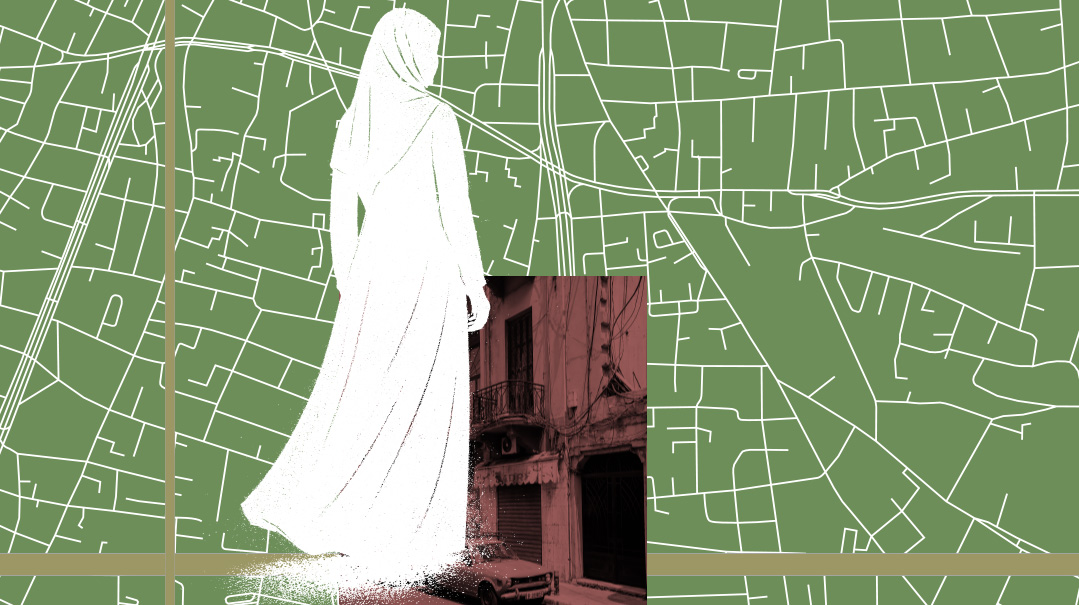Untangling the Web

Tech executive. Concert pianist. Ola Sergatchov bridges professions and worlds

If you’d have asked Ola Sergatchov what she wanted to be when she grew up, the answer would have been obvious. She was a talented student at Saint Petersburg’s academy for musically gifted children; of course she’d be a concert pianist!
But this year, The Software Report business magazine named her one of the world’s top Women Leaders in Cybersecurity. As a seasoned cybersecurity executive at Guardicore, Ola is tasked with leading the company’s growth strategy, nurturing customer and partner relationships, and helping organizations protect their digital business.
Mrs. Sergatchov has reinvented herself in other ways, too. Until she was 16, she didn’t even know she was Jewish. “It’s not something you put on a billboard in Russia,” she says. “I’m my family’s last gasp. If it weren’t for me, my family would have become so assimilated that none of our descendants would ever have known they were Jewish.” Now she’s married to a Gerrer chassid and living in Israel.
The greatest influence in Ola’s life, second to her parents, was her piano teacher. “We spent a lot of time together because I was a top student. She taught me my work ethic: it’s all about hard work and willpower. Given enough of those, everything else falls into place.”
Even though Ola had some motor difficulties that interfered with her progress, her teacher never let her say, “I can’t do it.” Instead, she gave her the skills and tools to break through every roadblock in her way.
“She pushed and pulled and never gave up on me, even though I lacked zitsfleish. She always encouraged me to think about the one skill I was missing, and when I’d acquired that one, she’d show me another.”
“Put Your Heart Into It”
The last thing her piano teacher taught her became the motto of Ola’s life: “Whatever you do, put your heart into it and do it to the best of your ability.”
Her talent, willpower, and training ensured that Ola could make it as a professional musician in her native land. But when the Iron Curtain began to lift, it revealed the tantalizing prospect of leaving Russia by making aliyah. That was why Ola’s parents finally told her she was Jewish.
She didn’t apply for a visa right away. Her father wanted her to study Hebrew for a year before she went to Israel. It didn’t come from a sense of Jewish pride; it was just that he didn’t want her to move to a foreign country where she couldn’t speak the language.
In the meantime, at the Jewish Center, a small ad for a free Chabad summer camp caught her eye. “Free was a very attractive word to me,” she says. It was attractive enough for her to pack her bags and go to camp.
“I’ll never forget the candle lighting my first Shabbos. Lighting that candle woke up my neshamah,” Ola says. “It was the most spiritual moment of my life.”
Oops! We could not locate your form.













